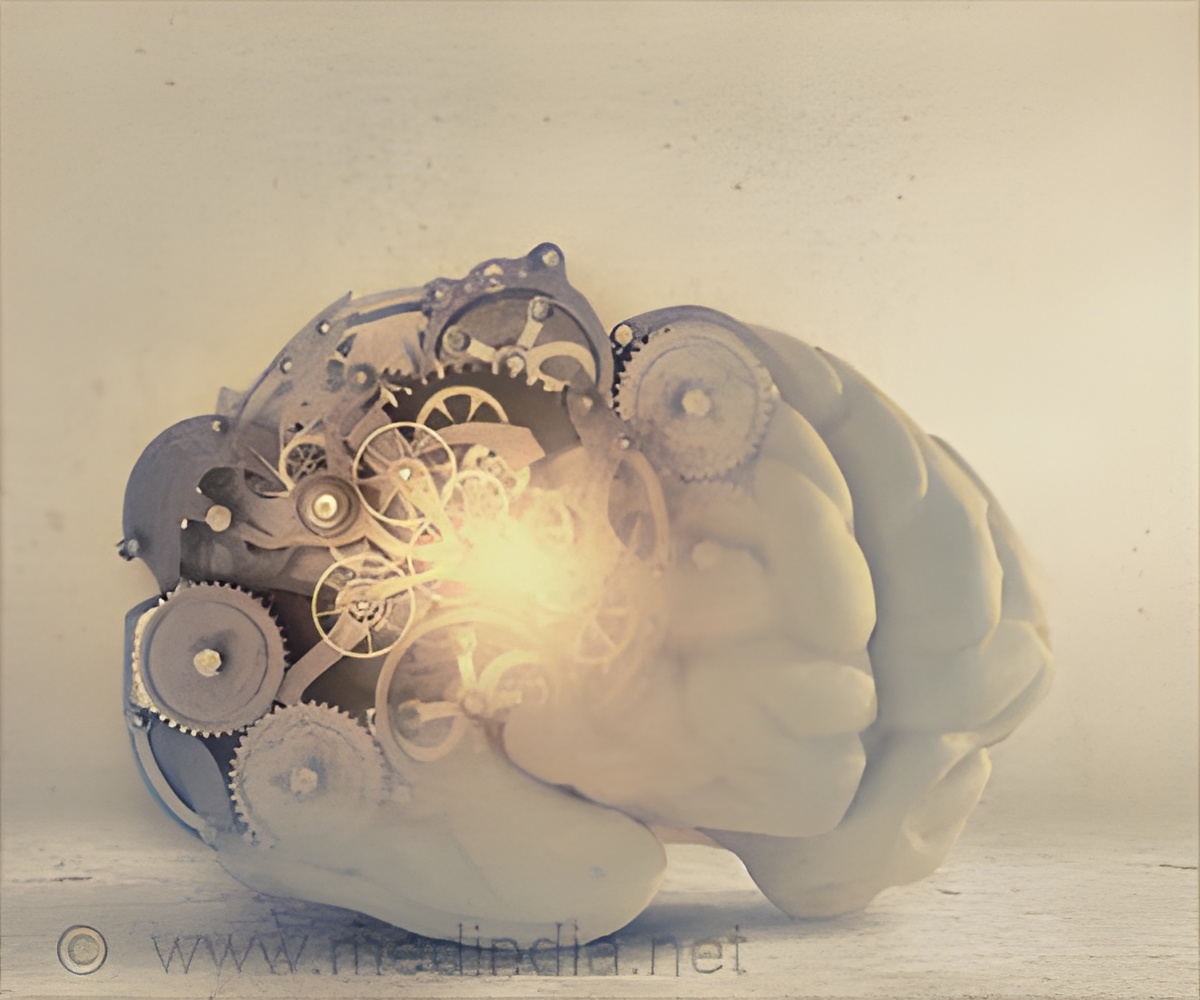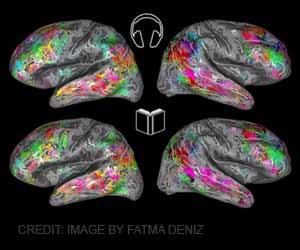Brain’s capacity for storing new memories is expandable, too, with limitations, revealed new study.

TOP INSIGHT
Brain’s capacity for storing new memories is expandable, too, with limitations.
Every time you look at something new, or have a new thought, millions of brain cells communicate that information to each other in the form of electrical and chemical signals across tiny gaps called synapses. It was known that synapses can grow larger--that is, become more likely to release chemicals (or release more of them) to better transmit information to receiving neurons. However, little is known about normal function and disruptions in synaptic communication, the latter of which is a hallmark of many neuropsychiatric conditions and memory impairment.
Previously, Sejnowski used 3D computer reconstructions and modeling to uncover that the brain's memory capacity is 10 times greater than had been thought. In the new work, he and collaborators in Texas and New Zealand decided to further investigate brain function by stimulating a region in rodents' brains important for memory, called the hippocampus. This allowed the researchers to mimic, under very controlled conditions, the effect that a new experience would have on a brain region common to mammals.
The researchers imaged the hippocampal brain samples using electron microscopy and analyzed the resulting data. They expected to see synapses get bigger, which they are known to do in a process of learning known as long-term potentiation. What they did not expect--but found--was that, as some synapses got bigger, others got smaller.
"It's an intuitive idea that as we learn something new, synapses strengthen and get bigger," says Sejnowski. "This shows that there is a balance: some get stronger, some get weaker."
Interestingly, when the team quantitatively estimated how much synaptic information could be stored in two different areas of the hippocampus--the dentate gyrus and CA1--the amounts varied dramatically, which may be related to differences in their functions.
Source-Eurekalert
 MEDINDIA
MEDINDIA




 Email
Email






